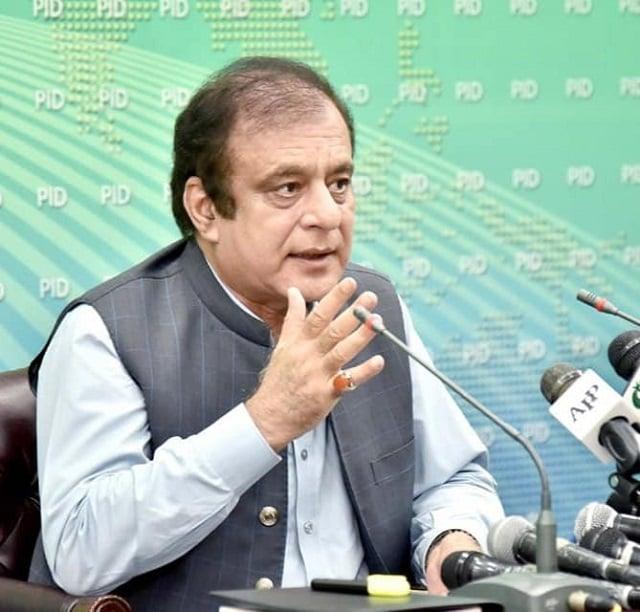Islamabad:
The budget debate in the Senate began with an abrasing criticism of the opposition leader Shibli Faraz, who demolished the government’s economic policy, qualifying the budget “controversial by birth” and a reflection of incompetence and non -professionalism.
“This is the fourth budget of this installed regime, and has broken all the previous records of bad government,” Faraz said, accusing the government of manufacturing data and manipulating figures.
“The numbers in this budget seem compromised … it is a statistical deception. In the past, the budgetary figures were never questioned, but this time the doubts are widespread,” he added.
Faraz continued to say that the current budget had “destroyed the foundations” of the already fragile economy of Pakistan.
Referring to the controversial elections of February 8, he claimed that like the Government had manipulated numbers, he was playing the same game with the budget.
He regretted that in Punjab, the farmers were forced to throw wheat on the roads, qualifying it as breach of the State to protect agriculture.
“They have destroyed the agricultural sector and the suffocated industry. How can growth occur when even credit letters (LC) do not open?” said. “There is no coherent policy for industrial development, only discouragement.”
“This is an antipopular budget and dictated from the IMF. We have heard the fantasy of ‘Tigre del Sur de Asia’ before. It’s time to stop selling old fables,” Faraz said, while criticizing the Minister of Planning for “Linking Insultly PTI with India.” “PTI is not an anti-state party,” he said.
“How can a country progress when people can’t even access the Internet?” He denounced the Government as a product of “legitimacy of form 47”, saying that true representatives would never have presented such a budget.
Shibli Faraz said that 61 million people fell below the poverty after 2012 and that unemployment had increased by 14 million. He pointed out the lack of foreign direct investment and even commented that “the Afghan currency is now stronger than the Pakistani rupe.”
Hatalized the taxation taxes and questioned the government’s understanding of public priorities, citing the number of children outside the school and deteriorating public services.
Meanwhile, Finance Minister Muhammad Aurengzeb, informed the Senate Finance Committee on the budget, rejecting opposition accusations.
He revealed that the director of India at the IMF Board had tried to delay the recent approval of financing of Pakistan, but “despite the Indian objections, $ 700 million were approved.”
Aurengzeb said that Pakistan had complied with the reference points of the World Bank and that the IFC had approved additional financing. “We hope that policy rates will enter a single digit in this fiscal year,” he added, saying that tax and structural reforms, particularly in soes and energy, showed results.
He acknowledged that the privatization objectives had not been met this year, but expressed optimism for the next prosecutor. “We have tried to reduce the load of the salaried class and reduce transactions taxes in the construction sector,” said Aurengzeb.
“On the agricultural tax, the IMF has agreed our position after the directive of the Prime Minister.”




